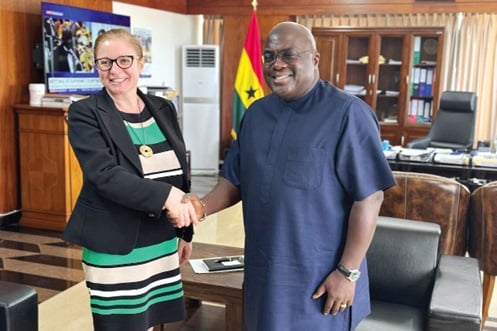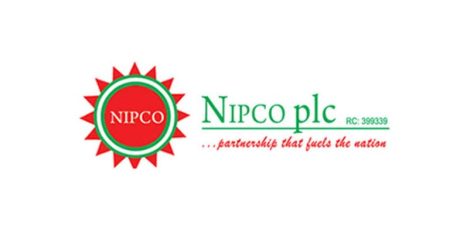Italy’s substantial debt cancellation for Ghana marks a significant act of international partnership and represents a pivotal moment in Ghana’s economic recovery journey. The decision to convert nearly 70% of concessional loans into grants provides Ghana with much-needed fiscal breathing room, alleviating the burden of debt servicing and allowing the government to allocate resources to critical development priorities. This move signifies Italy’s recognition of Ghana’s economic challenges and demonstrates a commitment to supporting its long-term stability and growth. The debt relief is not merely a financial transaction but a vote of confidence in Ghana’s potential and resilience. It underscores the importance of international cooperation in fostering sustainable development and provides a tangible example of how developed nations can play a constructive role in assisting developing economies.
The impact of this debt conversion is multifaceted. Firstly, it directly reduces Ghana’s debt stock, easing pressure on public finances and creating space for increased investment in crucial sectors such as education, healthcare, and infrastructure. Secondly, it allows Ghana to channel more resources towards achieving the Sustainable Development Goals, improving the lives of its citizens and promoting inclusive economic growth. Thirdly, it strengthens the bilateral relationship between Ghana and Italy, fostering deeper economic and political ties. This strengthened partnership can pave the way for further collaboration in areas of mutual interest, such as trade, investment, and cultural exchange. Finally, it sends a positive signal to other international creditors and investors, potentially attracting further support for Ghana’s development agenda.
Beyond the immediate financial benefits, the debt cancellation carries symbolic weight. It represents a shift from a traditional creditor-debtor relationship to a more equitable partnership based on mutual respect and shared goals. Italy’s gesture acknowledges Ghana’s efforts to implement economic reforms and its commitment to good governance. It also recognizes the importance of supporting developing countries not just through loans, but also through grants and other forms of assistance that promote sustainable development without exacerbating debt burdens. This act of solidarity can serve as a model for other developed nations, encouraging a more nuanced and compassionate approach to international development finance.
The timing of this announcement is particularly significant given Ghana’s recent economic difficulties. The country has been grappling with rising inflation, a depreciating currency, and a challenging fiscal environment. The debt relief provides a timely boost to the government’s efforts to stabilize the economy and return to a path of sustainable growth. It also reinforces the importance of international cooperation in addressing global economic challenges and supporting vulnerable countries navigating turbulent economic times. The Italian government’s decision serves as a reminder that international solidarity is not merely a rhetorical concept but a tangible force that can make a profound difference in the lives of people around the world.
Italy’s engagement with Ghana extends beyond debt relief. The Ambassador highlighted growing Italian investments in Ghana, particularly in the health and agro-industrial sectors. This investment signifies Italy’s recognition of Ghana’s economic potential and its commitment to supporting its growth through private sector engagement. The investment in the health sector is particularly noteworthy, as it contributes directly to improving the well-being of Ghanaians and strengthening the country’s healthcare infrastructure. The agro-industrial investments hold the promise of enhancing agricultural productivity, creating jobs, and boosting export earnings. These investments demonstrate a holistic approach to development, combining debt relief with private sector engagement to create a more sustainable and inclusive economic growth trajectory for Ghana.
Furthermore, Italy’s recognition of Ghana’s role as a pillar of peace and security in West Africa highlights the importance of non-economic factors in fostering development. Ghana’s commitment to regional stability and its active participation in initiatives like the Aqaba Process contribute to creating a conducive environment for economic growth and development, not only for Ghana itself but also for the wider West African region. By acknowledging Ghana’s contributions to peace and security, Italy is underscoring the interconnectedness of development, security, and good governance. This broader perspective recognizes that sustainable development requires not just economic growth, but also a stable and secure environment where human rights are respected and democratic institutions are strengthened. Italy’s support for Ghana, therefore, encompasses both economic and non-economic dimensions, reflecting a comprehensive understanding of the complex factors that contribute to sustainable development.














